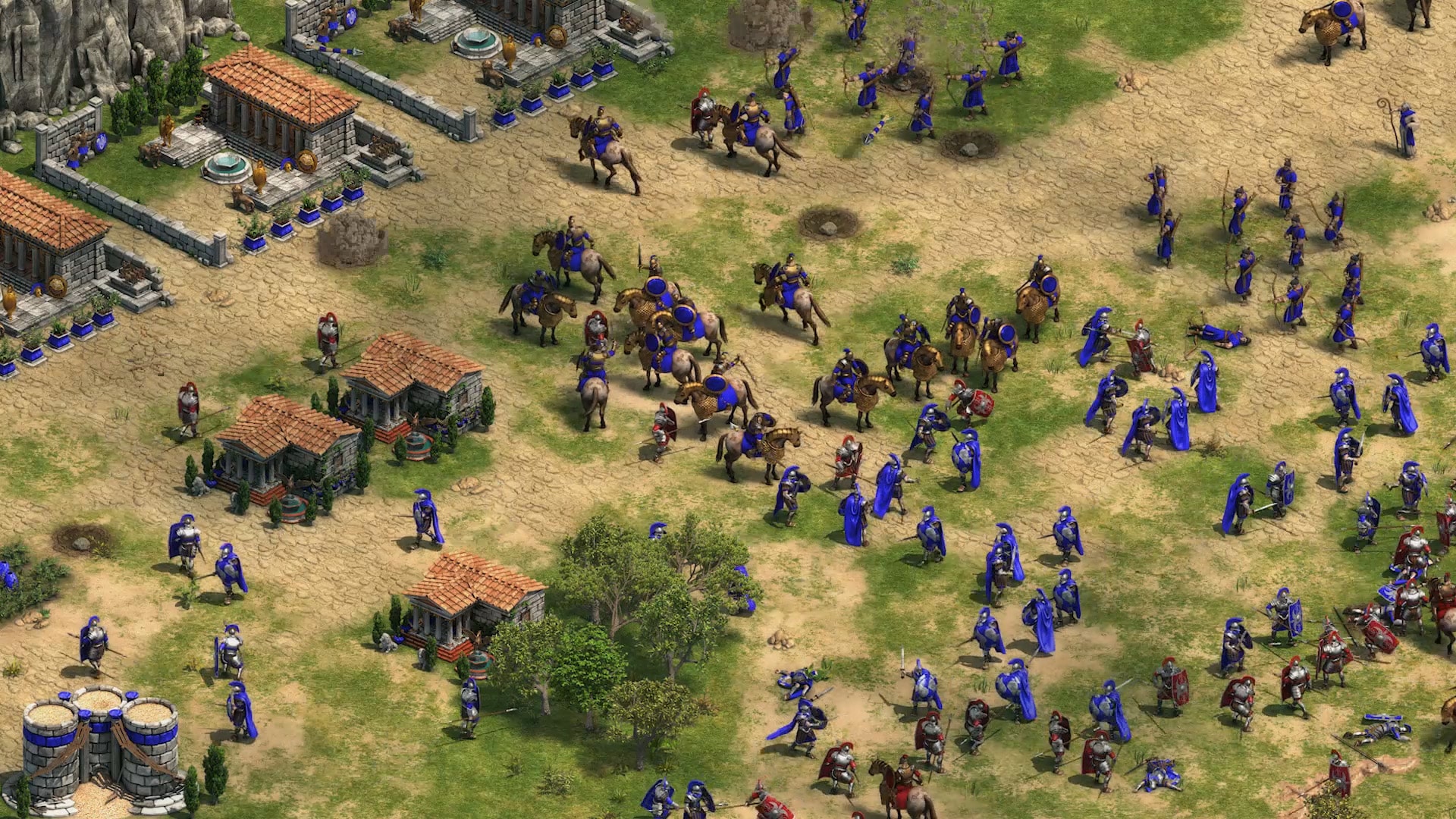Part I: The Dawn of Civilization
In a time long before the world we know, the dawn of civilization began in a land brimming with potential. Mighty empires rose from humble beginnings, their leaders guided by a singular vision of greatness. Among these ambitious rulers was a young warrior named Tiberius, who sought to unite the disparate tribes and build a legacy that would echo through the ages.
From a modest village, Tiberius’s people expanded, harnessing the power of agriculture, trade, and technology to thrive in a world teeming with danger and opportunity. As the fledgling civilization grew, so too did its influence, attracting the attention of rival empires and igniting the spark of competition.
Part II: The Age of Expansion
As Tiberius’ people continued to advance, they encountered other civilizations with their own unique cultures, technologies, and methods of warfare. In this age of expansion, Tiberius knew that the key to survival lay in forging alliances and acquiring valuable resources. Thus, he set forth to explore the vast world and establish connections with newfound friends and adversaries alike.
Trading partnerships were formed, and the exchange of knowledge fueled rapid advancements in technology. Military strategies evolved, as the world’s most brilliant minds sought to outwit their enemies on the battlefield. Through diplomacy and conquest, Tiberius’s empire expanded, its borders stretching across vast tracts of land.
Part III: The March of Progress
In their quest for dominance, Tiberius and his people left no stone unturned. They constructed monumental wonders, vast libraries, and towering fortresses, all as testaments to their ingenuity and determination. As their empire reached new heights, so too did their understanding of the world around them. Great scholars and philosophers emerged, unlocking the secrets of the universe and challenging the boundaries of human knowledge.
However, progress came at a price. The pursuit of power often led to conflict, as empires clashed for control of coveted resources and strategic territories. In this crucible of war, Tiberius honed his skills as both a tactician and a leader, inspiring his people to strive for victory even in the face of seemingly insurmountable odds.
Part IV: The Age of Intrigue
As the world grew ever more interconnected, the delicate balance of power began to shift. Tiberius found himself entangled in a web of intrigue and deception, as rival empires sought to undermine his rule and stake their claim to greatness. Spies and saboteurs lurked in the shadows, and even the most trusted of allies could harbor hidden agendas.
In this age of intrigue, Tiberius’s cunning and resourcefulness were tested to the limit. He navigated treacherous political waters, outmaneuvering his adversaries at every turn and cementing his place as a force to be reckoned with. Through it all, he remained steadfast in his commitment to his people, ensuring the prosperity and security of his empire.
Part V: The Final Battle
With the world on the brink of total war, Tiberius and his allies prepared to face their greatest challenge yet. A coalition of rival empires had joined forces, determined to bring an end to his reign and seize control of the land. The stage was set for an epic confrontation that would decide the fate of the world.
As the drums of war echoed across the land, Tiberius rallied his troops and marched into battle. The ensuing conflict was fierce and brutal, as both sides fought with all the strength and skill at their disposal. In the end, Tiberius emerged victorious, his adversaries vanquished and his empire triumphant.
Part VI: The Legacy Endures
In the aftermath of the final battle, a newfound era of peace and prosperity blossomed across the land. Tiberius’s empire, now a shining beacon of hope, stood as a testament to the power of unity, determination, and resilience. The once disparate tribes and kingdoms had become one, united under a single banner and a shared vision of greatness.
With the world now under his benevolent rule, Tiberius turned his attention to ensuring the lasting success and well-being of his people. He established schools, hospitals, and infrastructure to promote knowledge, health, and progress. The arts and sciences flourished, and the exchange of ideas and culture enriched the lives of all who called the empire home.
Over time, Tiberius grew old and wise, his once fiery spirit tempered by the weight of his experiences. He passed down his wisdom and leadership to his descendants, who carried on his legacy and continued to guide the empire toward a bright and prosperous future.
As centuries turned to millennia, the stories of Tiberius and his people became the stuff of legend, inspiring countless generations to strive for greatness and overcome adversity. Though the world had changed, the spirit of Tiberius’s empire lived on, its echoes reverberating through the annals of history.
And so, the legacy of Tiberius and the Age of Empires endures, a testament to the indomitable spirit of humanity and the unbreakable bonds that unite us all. In the pages of history and the hearts of those who honor their memory, the tales of their triumphs, sacrifices, and unyielding determination continue to shine like a beacon in the darkest of nights, guiding us toward a brighter tomorrow.

